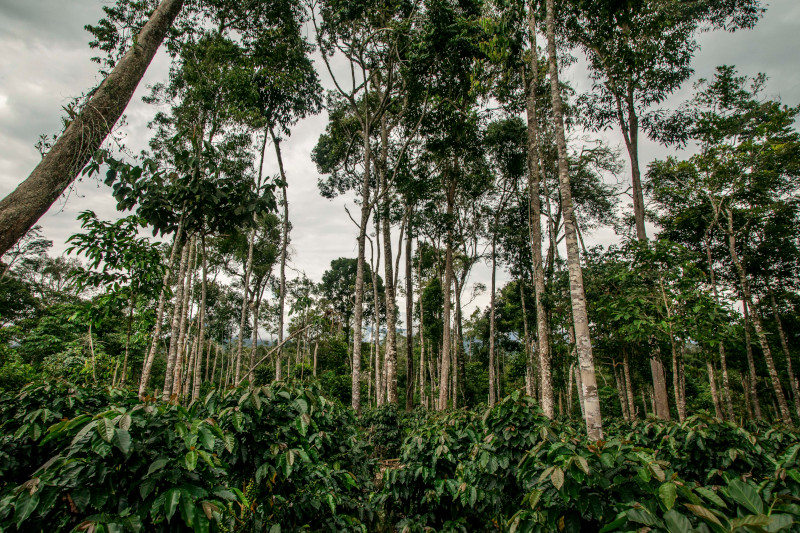Five steps to environmental justice
June 23, 2022

Human-induced climate change is causing weather and climate extremes across the globe, putting pressure on already strained food systems, and causing mass displacement. Human action, and consequently human inaction, have led us to a triple planetary crisis of climate change, pollution, and biodiversity loss. All this has had a severe impact on human rights which includes access to adequate food, water, education, housing, development, and life. It is widening social and gender inequality and leading to violence and marginalization.
These impacts of the planetary crisis are disproportional. Developing and least developed countries are most affected, despite contributing the least. In addition, disadvantaged and marginalized groups are hit the hardest with less ability to adapt to the consequences.
In response to the accelerating impacts of this crisis, a global movement has grown, powered mostly by young people and supported by science, urgently demanding action to address the climate emergency. This raised awareness and civic mobilization is critical to push for the radical kind of change needed, but still governments, businesses and institutions are falling woefully short in their response.
UNDP believes that these structural inequalities and poverty must be addressed through environmental justice to prevent and eliminate environmental inequalities where the most vulnerable are the most affected.
In October 2021, the United Nations Human Rights Council took an important step by recognizing the human right to a clean, healthy, and sustainable environment. This right is an important catalyst for change, being crucial for the right to life, food and decent work, among others.
The new Environmental Justice Strategy launched by UNDP supports this effort. It strengthens UNDP’s broader environmental response to ensuring protection and justice for those who are experiencing the consequences of the environment crisis most acutely and most likely to be left behind.
To accelerate the global advancement towards environmental justice, countries need:
- Global acceleration of environmental rule of law to ensure that governments respect, protect and fulfil the right to a clean and healthy environment, which is key for sustainable development, and we need to ensure that businesses and institutions also play their part.
- Strong national legal frameworks to help spur equitable and sustainable management of natural resources. These legal frameworks need to incorporate vulnerable, excluded and marginalized communities to access justice, information and participate in decision-making.
- Accessible justice and human rights institutions to enable vulnerable, excluded and marginalized people and communities to access justice and information, and participate in decision-making. Women and Indigenous people are powerful agents of change and environmental justice advocates, if they are allowed the space or platform for their voices to be heard.
- Gender equality in land management: Women should have a critical role in the management of land and natural resources and climate action, yet in many countries’ laws and customs limit their freedom to claim and protect these assets.
- Transformation in the way we think about the rights of future generations and the rights to a healthy environment. It needs to incorporate wide cross-sections of society in the design of environmental policies and decisions.
UNDP prioritizes support to over 100 National Human Rights Institutions to address the human rights implications of climate change and environmental degradation.
In Tanzania, UNDP has supported the Commission for Human Rights and Good Governance to handle disputes related to environmental human rights violations. In Chile, UNDP has supported an ongoing process of constitutional reform which includes strong references to environmental rights. In Kyrgyzstan, we support legal aid centres that have advised thousands of people on land issues.
Under UNDP’s Climate Promise, 110,000 people are engaged in stakeholder consultations on Nationally Determined Contributions in 67 countries helping to build social consensus and explicit recognition of the roles of youth in renewed climate pledges.
Promoting environmental rights is critical to fighting environmental degradation, climate change and biodiversity loss. Working with our partners UNEP and OHCHR, UNDP is committed to this effort and aims to advance environmental justice through human rights and the rule of law.

 Locations
Locations